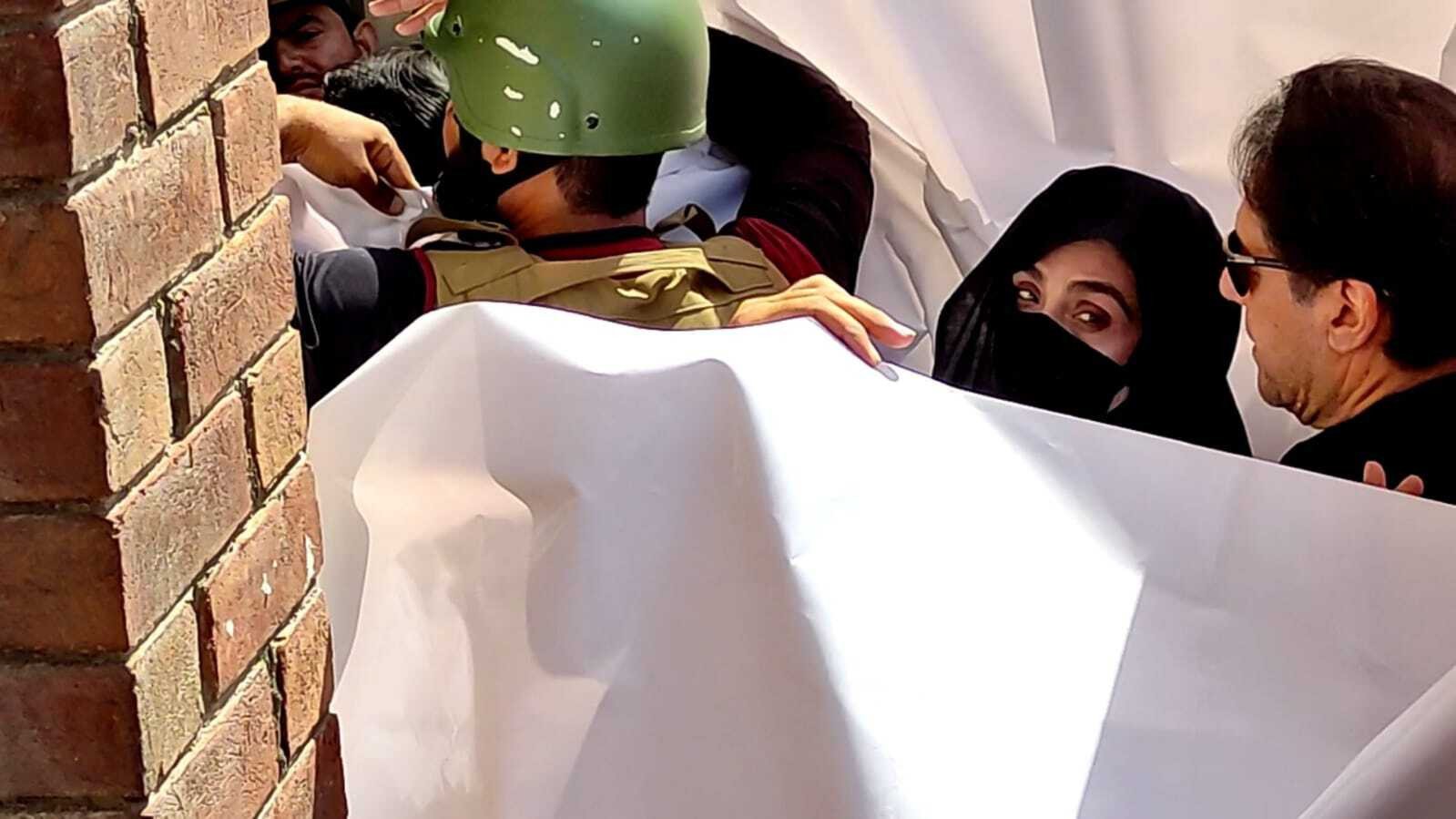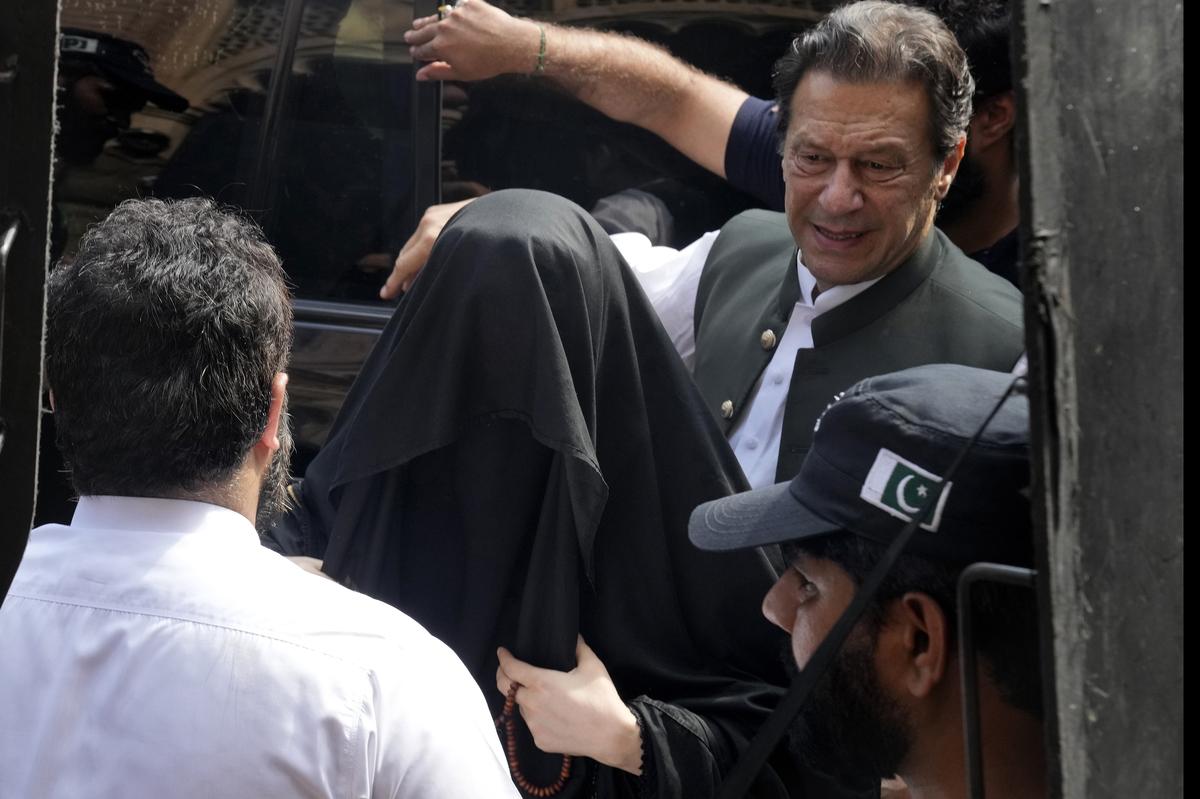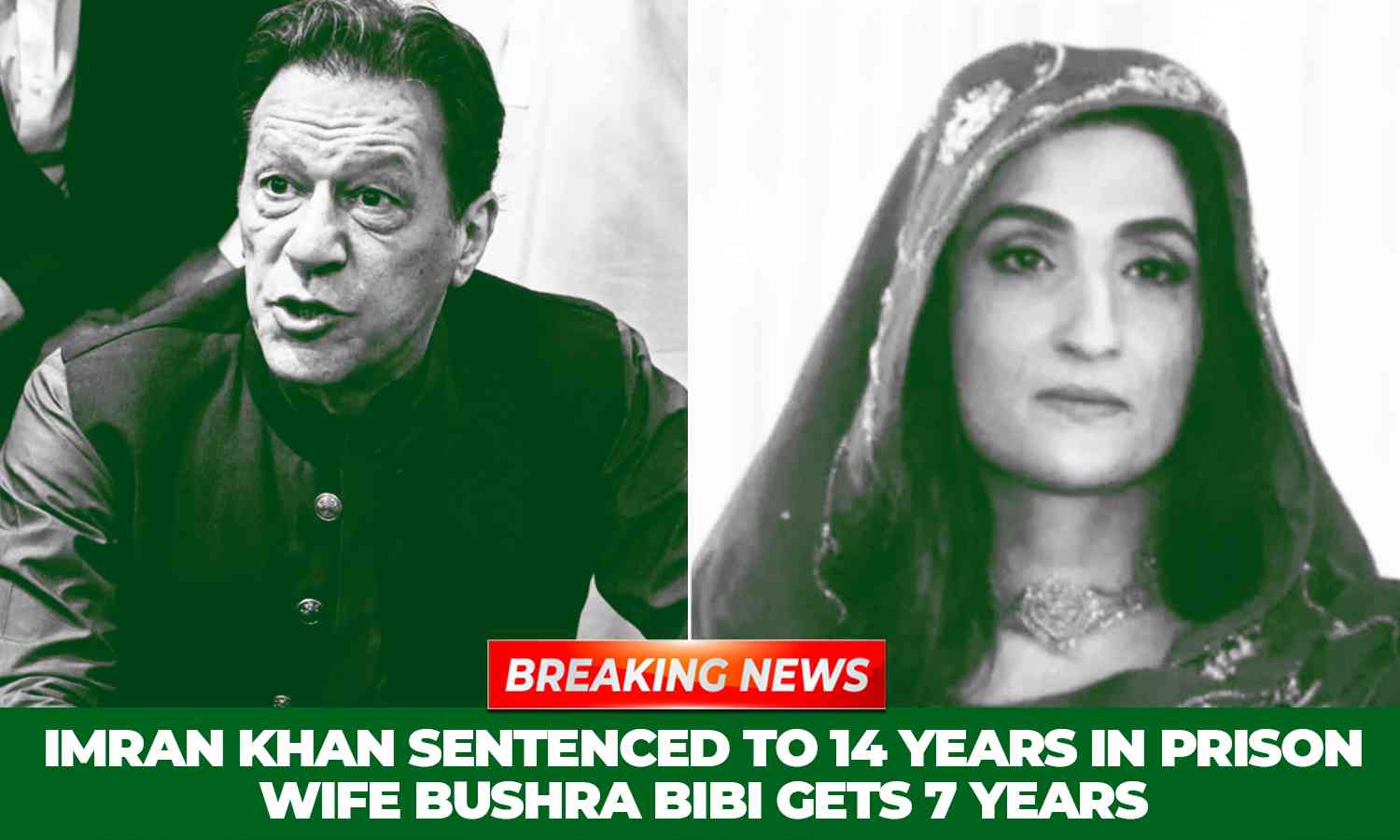Imran Khan’s recent conviction in the Al-Qadir Trust case marks a significant turning point in Pakistan’s already turbulent political landscape. The former Prime Minister, once celebrated as a reformist leader, now finds himself embroiled in a web of legal and political controversies that have divided the nation. While the verdict raises questions about corruption and accountability, it also reignites debates about the use of judicial processes as tools for political retribution in Pakistan’s volatile democracy. This case underscores the challenges of separating justice from partisanship in a system where allegations of misuse of power and political victimisation often blur the lines between legality and politics. As Pakistan grapples with deep-seated institutional distrust and growing polarisation, the implications of this verdict extend far beyond the courtroom, threatening to reshape the country’s political discourse and democratic fabric.

Details of the Sentencing:
Former Prime Minister of Pakistan, Imran Khan, and his wife, Bushra Bibi, have been sentenced to 14 and 7 years in prison respectively in connection with corruption allegations involving the Al-Qadir University Project Trust. The accountability court, operating from Rawalpindi’s Adiala Jail where Khan has been detained since August 2023, delivered its long-awaited verdict, also imposing fines of 1 million Pakistani rupees (£2,800) on Khan and half that amount on Bibi. The case, steeped in controversy, has further deepened Pakistan’s political polarisation.
Allegations and Convictions
The case centres on claims that Khan misused his authority during his tenure as Prime Minister (2018–2022) to facilitate a quid pro quo arrangement with property tycoon Malik Riaz. The National Accountability Bureau (NAB) alleged that Khan enabled Riaz to launder over $239 million (£189 million) in funds recovered by the UK’s National Crime Agency, causing substantial losses to Pakistan’s treasury. The funds were purportedly used to acquire land for the Al-Qadir Trust, established as a non-profit educational institution for underprivileged students.
The defence team, led by Faisal Fareed Chaudhry, strongly refuted these allegations, describing the proceedings as politically motivated. Chaudhry argued that the NAB failed to demonstrate any financial loss to the state or personal gain for Khan and his wife. The PTI party also denounced the verdict, asserting that the charges lacked credible evidence and predicting the case’s eventual collapse.

Political Context and Fallout
This conviction is the fourth major legal setback for Khan, whose earlier convictions related to selling state gifts, leaking state secrets, and unlawful marriage were overturned or suspended. Despite these legal reprieves, Khan remains incarcerated, facing dozens of additional cases that he characterises as part of a political vendetta orchestrated by the ruling establishment.
Khan’s removal from office in April 2022 via a parliamentary vote of no confidence marked a turning point in his political fortunes. He has since accused Pakistan’s military and foreign powers, particularly the United States, of orchestrating his ouster—allegations both parties have denied. Relations between Khan and the military, once seen as instrumental in his rise to power, have soured significantly, with the military now perceived as a key opponent.
The case’s timing has also raised questions, coinciding with negotiations between Khan’s Pakistan Tehreek-e-Insaf (PTI) party and Prime Minister Shehbaz Sharif’s government on various issues, including his release. Political analyst Majid Nizami warned that the conviction could derail these fragile talks, potentially emboldening more hardline factions within the PTI.

Broader Implications
Observers have noted the broader context of political victimisation in Pakistan, where judicial processes often serve as tools for settling scores. Lawyer Hafiz Ahsaan Khokhar highlighted the exhaustive nature of the case, which involved over 100 hearings and thousands of pages of evidence, suggesting a robust investigation into allegations of dishonesty and misuse of authority. Nevertheless, analysts like Nizami argue that public discourse is likely to focus more on claims of political vendetta than on the merits of the case. This dynamic reflects Pakistan’s entrenched political divisions, where accountability efforts are frequently viewed through the lens of partisanship.

Outlook
The conviction marks another chapter in Pakistan’s tumultuous political history, where no prime minister has completed a full term. As Khan’s legal battles continue, the PTI faces internal pressures, with some members advocating resistance and others urging dialogue. The case underscores the fraught intersection of law and politics in Pakistan, where questions of justice are often overshadowed by accusations of vindictiveness and power struggles.
With inputs from agencies
Image Source: Multiple agencies
© Copyright 2024. All Rights Reserved Powered by Vygr Media.
























